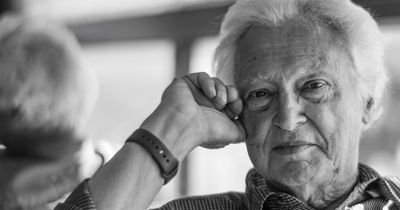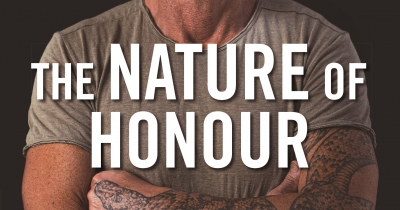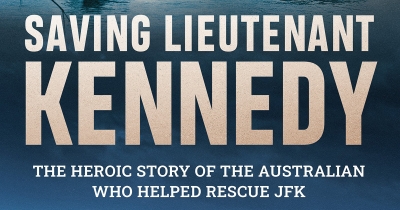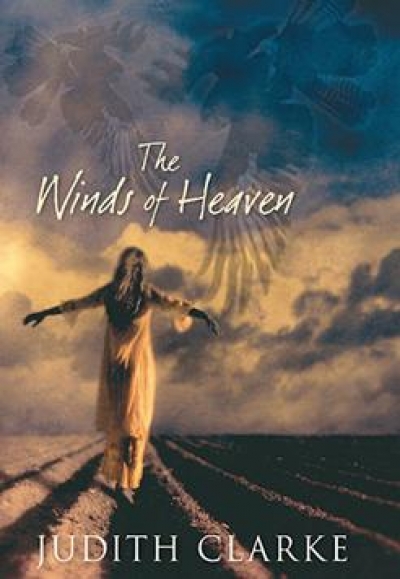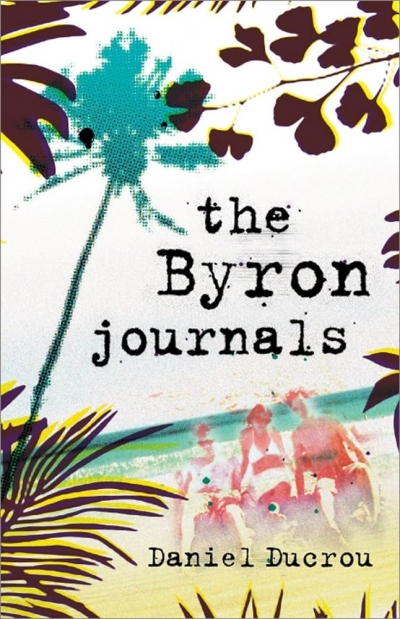Review
Justice and Hope: Essays, lectures and other writings by Raimond Gaita
by Frank Bongiorno •
The Nature of Honour: Son, duty-bound soldier, military lawyer, truth-teller, father by David McBride
by Kevin Foster •
Saving Lieutenant Kennedy: The heroic story of the Australian who helped rescue JFK by Brett Mason
by Nick Hordern •
Black Kettle and Full Moon: Daily life in a vanished Australia by Geoffrey Blainey
by John Hirst •
Now by Morris Gleitzman & Where There’s Smoke by John Heffernan
by Agnes Nieuwenhuizen •

